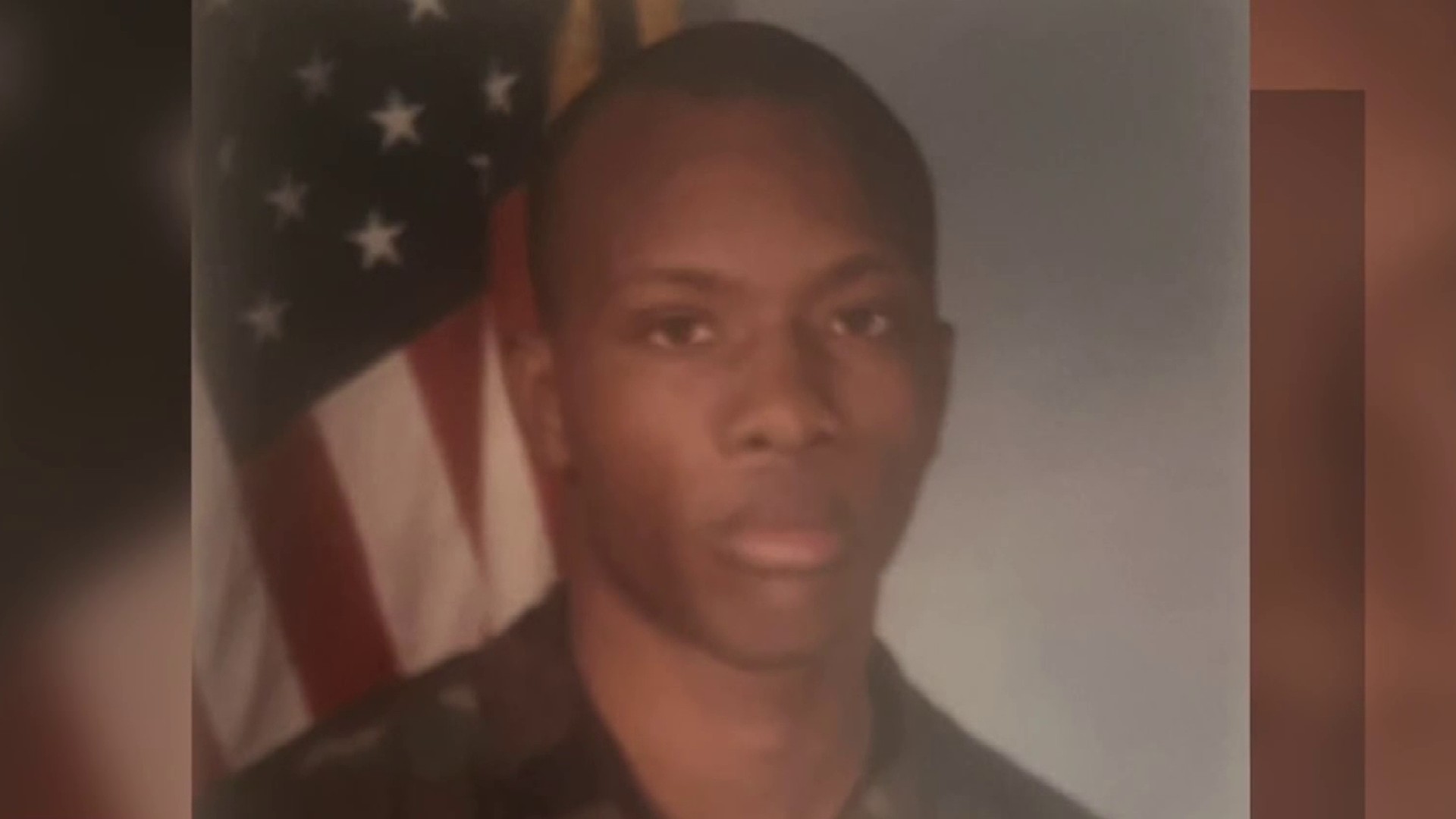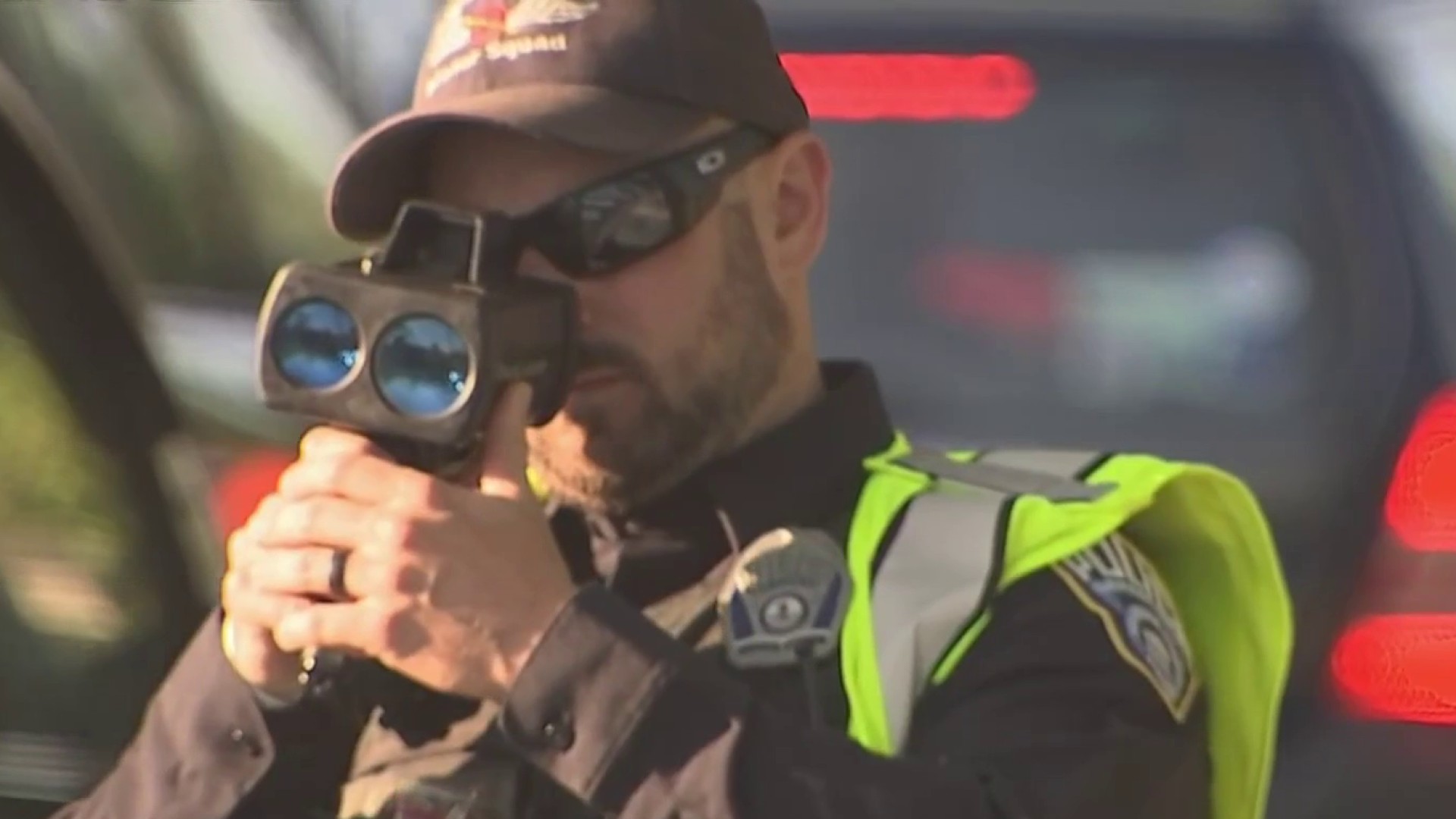Archbishop William E. Lori sat quietly Monday as six men and women stood in court and spoke of surviving violent and sometimes years-long sexual abuse at the hands of priests and staff employed by the Archdiocese of Baltimore.
One woman said her abuse began in first grade. Another said a priest routinely threatened her with a gun and once held her head underwater near a boat’s propellers to keep her silent about her repeated rape. A man described how the abuse he endured as a young teen set him on a path of destruction that has haunted him for years. All said they live with depression and nightmares of their abuse to this day.
The sex abuse survivors have fought for this opportunity since the Archdiocese of Baltimore filed for bankruptcy last fall just days before a Maryland law called the Child Victims Act took effect. The law allows survivors to sue regardless of when their abuse happened but has faced several legal challenges since it was enacted.
U.S. Bankruptcy Court Judge Michelle Harner recently ruled to allow the survivors to address the court — something that isn't a guarantee in typical bankruptcy proceedings.
We're making it easier for you to find stories that matter with our new newsletter — The 4Front. Sign up here and get news that is important for you to your inbox.
"The court will provide time and space for listening," she said Monday.
Lori listened intently as survivors told the stories of how their lives and, in some cases, their will to live, were taken at the hands of church leaders whom they trusted.
“I came as a priest and pastor and someone who hopes that by doing this I can contribute in some small way to the healing,” Lori said.
Local
Washington, D.C., Maryland and Virginia local news, events and information
One survivor, who kept her eyes on Lori as she told of the years of abuse she said she endured, explained the importance of giving her testimony.
"This is a day of liberation for me in this courtroom, at this moment,” said the woman, whom News4 is not naming to protect her privacy, addressing Lori directly. "I am grateful I am allowed this moment and you are listening to me."
She hugged Lori after sharing her story, but other survivors were not as forgiving.
“I wanted him to hear what happened to all of us and realize the church could have acted a lot earlier than they did,” said Teresa Lancaster, a survivor and attorney who said the sexual abuse she endured at Archbishop Keough High School in Baltimore began as a junior in 1970, continuing until she graduated in 1972.
What happened to Lancaster and other girls at that high school at the hands of Father A. Joseph Maskell was explored in a 2017 Netflix series called “The Keepers.” Church leaders initially tried to discredit parts of the series. Then last spring, Maryland Attorney General Anthony Brown released a report detailing how more than 150 Catholic priests and other Maryland clergy sexually abused more than 600 children and were never held accountable.
Lancaster spent decades advocating for the passage of the state's Child Victim's Act and has criticized the Catholic Church for trying to dismantle it. The Archdiocese of Washington has repeatedly questioned the constitutionality of the law in civil cases now playing out in court.
“We finally got it passed, and now the church is stomping on it, trying to destroy it,” Lancaster said.
A Prince George’s County Circuit Court judge upheld the law in a March decision, allowing a class action lawsuit against the Archdiocese of Washington to proceed.
Last week, a Montgomery County Circuit Court judge ruled the same law unconstitutional in a case against the archdiocese.
A case against the Harford County school system also upheld the law.
The question of constitutionality is expected to ultimately go before the Maryland Supreme Court for a final ruling.
“All of the survivors that have started to come forward have done so because of this law,” said Jonathan Schochor, the attorney representing the plaintiffs in the class action lawsuit in Prince George’s County against the Archdiocese of Washington. “It's a huge step for all Marylanders, including all minors who had been sexually abused.”
Survivors have told the News4 I-Team they feel like they are being further victimized by the church fighting the Child Victims Act.
“The reason we entered into Chapter 11 was so that we could, in fact, help as many victim survivors as equitably as we can while at the same time carrying forward the mission of the church,” Lori said.
Several challenges to the Child Victims Act making their way to Maryland's Supreme Court. Meanwhile, attorneys who are involved in the bankruptcy process say they don't know how long it's going to take, maybe several months or longer.
Survivors are encouraged to get their claims in by May 31.
Reported by Tracee Wilkins, produced by Katie Leslie, and shot and edited by Jeff Piper.



